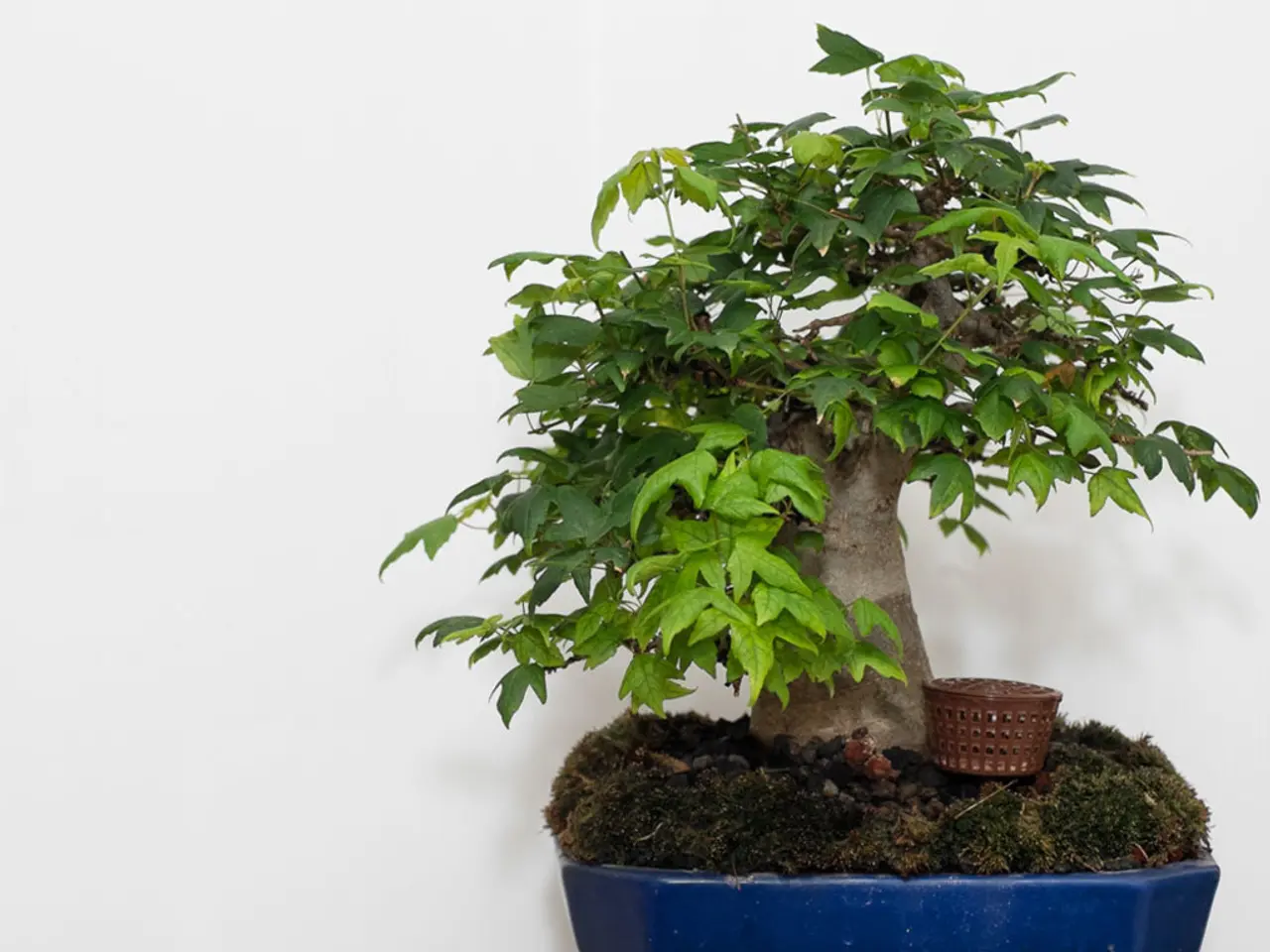Morning Pages Explained: Simple Steps to Get Started (Including 20 Handy Tips)
Writing three full pages of uncensored thoughts in the morning may initially seem daunting, but it becomes an effortless part of your routine as you embrace the Morning Pages technique.
Originally conceived by Julia Cameron in her book, 'The Artist's Way,' Morning Pages involve writing longhand, stream-of-consciousness entries every morning to release pent-up thoughts and unexpressed emotions. The goal is not to compose a perfect journal entry - instead, Morning Pages serve as a cathartic release.
Morning Pages are renowned for providing clarity, boosting creativity, and offering perspective during challenging times. They help prioritize daily life and break the cycle of constant distractions.
Some find the benefits of Morning Pages evident right away, while others may notice a difference when they skip a few days. The feelings of anxiousness and muddled thoughts are often a telltale sign that it's time to return to this engaging journaling practice.
But starting Morning Pages may seem difficult, especially for those who are not morning people or accustomed to journaling. To help kickstart the habit, consider the following practical tips:
- Anchor Morning Pages to an existing habit: Replace checking emails or scrolling social media with Morning Pages instead.
- Make time: If mornings are hectic, set your alarm earlier or prepare breakfast the night before to create some extra time for journaling.
- Do not overthink: Get past your perfectionism by writing whatever comes into your mind, without judgment.
- Set a timer: Establishing a time limit, such as half an hour, puts pressure on you and encourages you to start writing.
- Focus on the end product: Morning Pages are about the process, not about writing an eloquent essay.
- Keep it private: Morning Pages are for your eyes only, so resist the urge to share your writing with others.
- Use paper: Writing longhand on paper reaps greater benefits compared to typing on a computer.
- Stick with it: Consistency is key, so persist in journaling every day. The habit will become easier over time.
- Refrain from editing: Avoid pausing to correct or rephrase your writing during the Morning Pages session.
- Writing prompts: If you're stuck for ideas, consider using writing prompts to help get your thoughts flowing.
Morning Pages entries can be disorganized and random, mirroring the chaotic flow of your thoughts. They are meant to be uncensored and printed for your eyes only. A simple spiral-bound notebook makes a great tool for Morning Pages and can be easily stored away when the pages are filled.
Practice Morning Pages daily to improve your mental clarity, unlock creativity, and better Understand yourself. Resist the temptation to share your writing with others, as this may inhibit your authentic expression. Instead, focus on the personal growth that this method offers. Over time, you will uncover new insights and discover a deeper, more reflective self.
Incorporating a home-and-garden routine by setting aside time for daily journaling with Morning Pages can enhance your lifestyle, providing clarity, boosting creativity, and offering perspective. Your handwritten Morning Pages, kept in a simple spiral-bound notebook, serve as a cathartic release that uncovers new insights and fosters a deeper, more reflective self.




